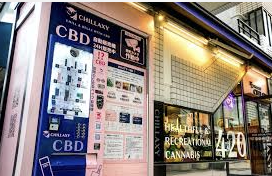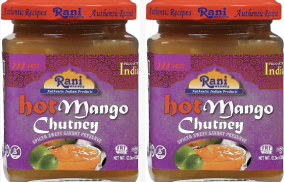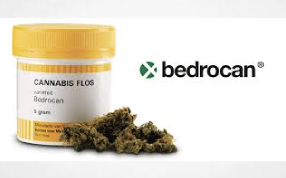Business of Cannabis Report
The Japanese government has released updated guidelines for THC limits in CBD products, but experts warn potential efforts to ease some of the world’s strictest regulations remain ‘insufficient’.
Japan’s upcoming reform of its near-century-old cannabis regulations are continuing to evolve following a public consultation earlier this year.
Just a month after detailing the proposed THC limits for ‘oils and powders’, ‘aqueous solutions’ and ‘others’, the Ministry of Health, Labour and Welfare’s (MHLW) Narcotics Control Division has moved to further clarify the definitions of each category in an effort to address confusion surrounding the guidelines raised by many industry operators.
Dr Yuji Masataka, MD, Japan’s first specialist in medical cannabis, told Business of Cannabis that despite these further clarifications, a number of key issues remain unaddressed.
What happened?
In early September, Business of Cannabis reported that the government had
released long-awaited guidance on THC limits enabling brands hoping to launch into the market to begin devising their strategies.
This followed a public comment period, launched in May 2024, for the upcoming legislation, which is set to regulate the country’s emerging cannabis and CBD industries.
The new regulations on cannabinoid (CBD) products in Japan are now expected to come into effect on December 12, 2024.
However, with their implementation fast approaching, the guidelines are continuing to evolve.
On October 04, 2024, the MHLW released further ordinance containing additional details on how each product will be categorised.
In this latest announcement, detailed definitions of ‘oils’ and ‘powders’ were provided.
According to the new definitions, oils are described as substances containing more than 90% of compounds formed by the combination of glycerin and fatty acids and must be in liquid form at room temperature (15-25°C). Powders are defined as substances with particle sizes of 850 μm or less.
Additionally, guidelines were issued regarding which threshold applies to various forms of cannabinoid products. The details are as follows:
Products likely to be subject to the 10 ppm threshold:
- CBD oil, hemp seed oil, cosmetic oils (plant oils)
- CBD powder, protein powder (powder-based products)
Products likely to be subject to the 0.1 ppm threshold:
- Soft drinks, alcoholic beverages, toners
- Milk, plant-based beverages (colloidal solutions)
Products likely to be subject to the 1 ppm threshold:
- Confectioneries, tablets, butter (solid products in general)
- E-cigarettes (products containing compounds formed by the combination of glycerin and fatty acids, and organic solvents without water)
- Shampoos, conditioners, lotions, creams, mayonnaise, balms, dressings, etc. (viscous products or water mixtures containing high levels of glycerin and fatty acid compounds, or both)
- Jellies (semi-solid products without compounds formed by the combination of glycerin and fatty acids)
Key issues remain unaddressed
Read more


















